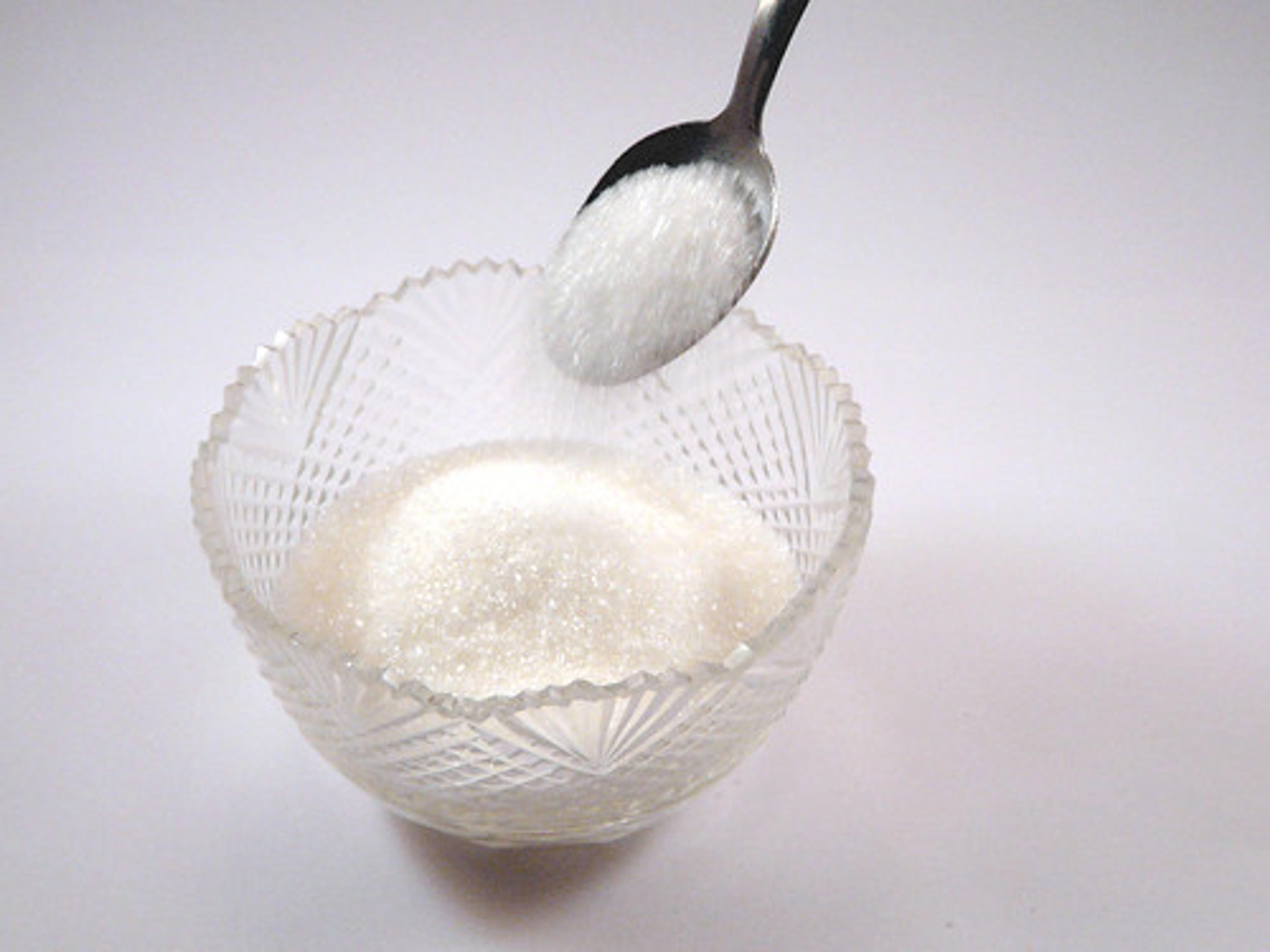Can’t Avoid Those Sweet Temptations? Four Simple Ways to Help Stop a Sugar Binge
Paige Wood
| 3 min read

Do you ever get the sugar binge blues? Do you feel guilty after giving into those sweet but fattening temptations?
Don’t worry, even the most diligent of dieters find resisting sugary sweets difficult. Luckily, there are things you can do to satisfy your hunger while avoiding the bad stuff. Here are four sweet tips on how to control your sweet tooth without completely cutting out the foods you love.
1. Exercise
In addition to building muscle and helping to ease stress, exercise pacifies a sweet appetite by releasing endorphins which generate positive feelings and stamina. This burst of energy created through activity not only revives a weary spirit, but can also help distract your stomach from any sugar cravings. By staying active, your body will naturally produce the energy people usually seek through sweets, which will stop any sugar binge from occurring.
2. Find other sweet substitutes
Let’s face it, sugar tastes good. Sweet treats are a satisfying way to begin and end our day, but instead of an early-morning latte or an after-dinner sundae, why not try some of these savory substitutes?
- Oatmeal is a great grain to start off a healthy morning. Its fiber-rich taste and versatile use make it a fun way to spice up the beginning of your day. I advise mixing plain oats with yogurt or a sprinkle of cinnamon, it’s delicious!
- Fruit is also an awesome alternative to appease your appetite, its natural sugars are a flavorful provider of energy and essential nutrients.
- Dark chocolate is a delicious substitute against more sugary temptations. Dark chocolate is healthy because it is high in antioxidants and helps control blood sugar. My personal favorite is dark chocolate pomegranate seeds, a combination of my two favorite things. The best thing about the seeds is that you only need five to feel full!
3. Add more protein to your diet
Usually, people shrink away in fear when they hear the word ‘fat’, but not all fats are bad. In fact, healthy fats are an essential part of a good diet; it’s just about how you incorporate them into your meal plan. Though most meats and dairies are the highest contributors to a high protein diet, there are some sweet substitutes that provide nutrients while satisfying your sweet tooth. Both peanut butter and soy beans are delicious sources of protein rich in essential fats and fiber. Greek yogurt is also a savory snack high in protein and low in carbohydrates. One important aspect of protein-rich foods is their ability to keep you feeling full longer because they take longer to digest. Eating one of these savory treats is a perfect way to subdue any sugary cravings while staying healthy.
4. Mind your emotions
Emotions factor into how you handle your sugar intake. Sometimes, we like to reward ourselves with sweet treats as a pat on the back for a job well done. Other times, we use sweets as a way to ease off the pain from a stressful day in the office. From any angle, sugar is a comfort food in some form or another. However, to avoid a sugar binge, be sure to try a keep your mood on the bright side. A positive mind towards even the most stressful situation can help you get through the toughest day. A happy you is one thing sugar can’t compete with!
One thing to keep in mind when avoiding a sugar binge is the idea of portion control. While healthy foods can help control your appetite, it is possible to overindulge. After all, healthy sweet treats still contain sugar.
How do you keep your sweet tooth in check?
Photo Credit: Judy van der Velden





